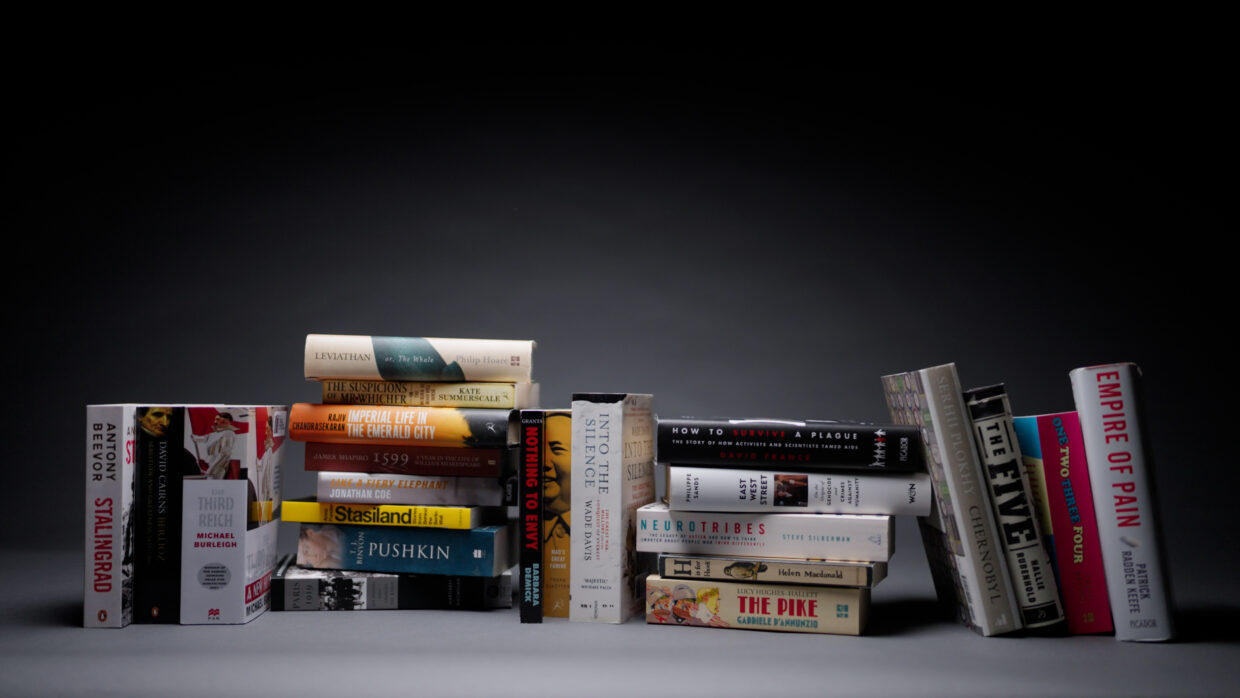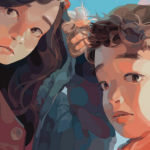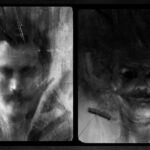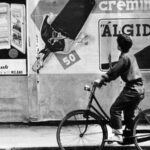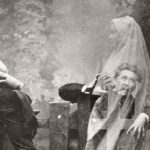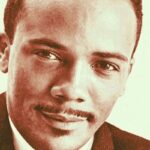25 Years of the Baillie Gifford Prize
This week on the Baillie Gifford Prize Podcast, Read Smart
This episode of the Read Smart Podcast features former Baillie Gifford judge Razia Iqbal speaking to Caroline Sanderson and Andrew Holgate, both of whom have chaired judging panels for the Prize, about what the experience is like and how the Prize has evolved.
*
On the difficulty of judging book prizes
Caroline Sanderson: If you take a step back and you think about the process of judging a prize, it’s a slightly crazy exercise because the books that are chosen are only a function of the people who are judging it.
So it’s a very personal thing. Each verdict is a personal verdict in a way, but then it’s rooted in expertise. So it’s the nearest you can get to the sort of excellence and that’s been tried and tested by people who read a lot. So I think that’s hugely valuable. I know from research the book sales done in the past has shown that, these sort of curated selections of what to look out for are tremendously useful for people.
On the importance of book prizes
Andrew Holgate: I think the big elephant in the room is that it’s a shrinking media literary culture within which we’re operating. There’s less space being given to books pages. There’s not much in the way of coverage on the television. So I think prizes have a very, very significant role to play. I think the Baillie Gifford is an outstanding and has always been an outstanding arbiter of non-fiction and the best in non-fiction.
On the difference between British and American non-fiction
Caroline Sanderson: If I was being mischievous, I would say that Americans can be hugely impressive and thorough and sonorous. But there is a mischief to some of the British writers. So Craig Brown’s One Two Three Four, that is a series of 100 semi-impressionist essays about the Beatles that amount to and build into a portrait of them as a whole.
And if you look back at Like A Fiery Elephant by Jonathan Coe, that’s a similarly experiment tool and sort of freewheeling biography of Johnson that begins with a straight biography and ends with a series of interviews with people who knew him.
It’s in The Pike as well, which is an absolutely brilliant book about D’annunzio. And the second chapter is just called Sightseeing, which is jumping around from one year to another and capturing D’annunzio at various points in his life.
_________________________
The podcast is generously supported by the Blavatnik Family Foundation. Follow @BGPrize on Instagram, Facebook, Twitter, TikTok and YouTube.

